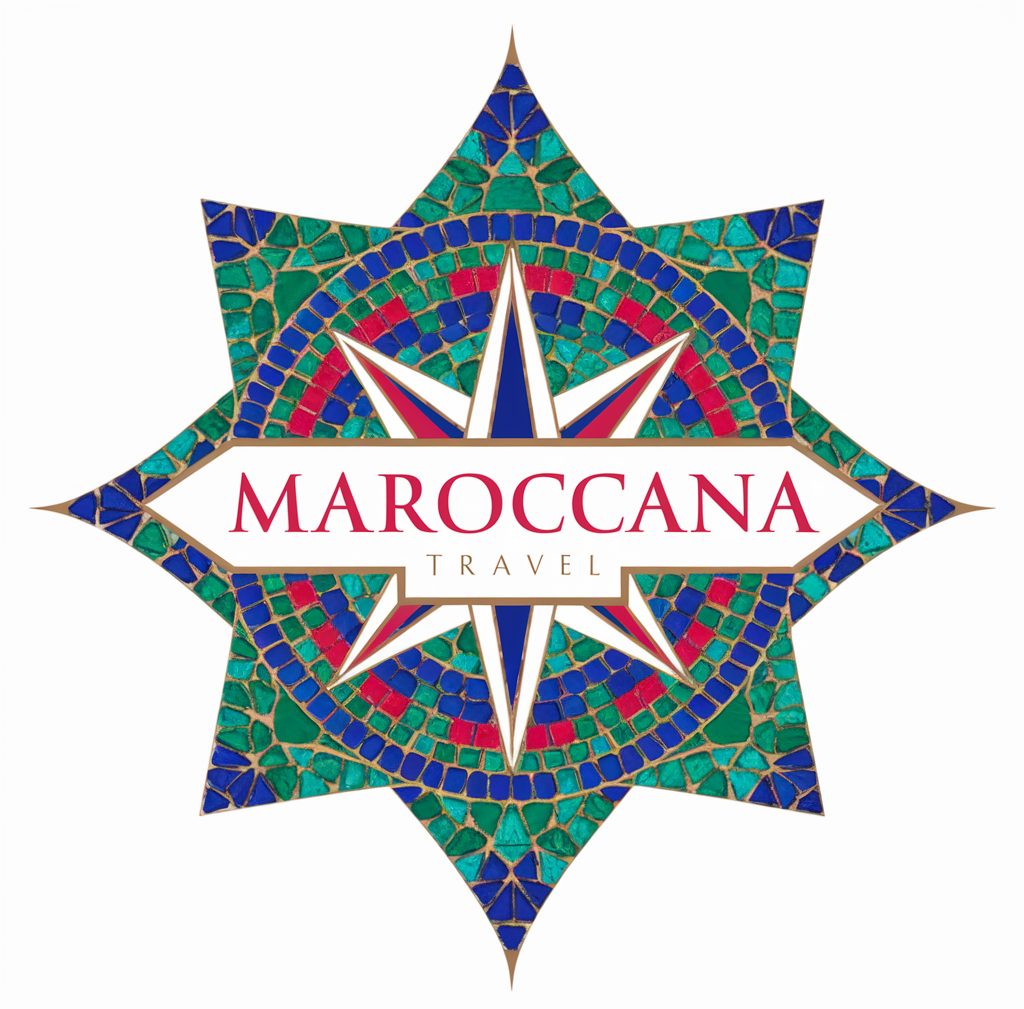Welcome to Morocco, a land of beauty and rich cultural heritage. Nestled in North Africa, Morocco offers an enchanting mix of old-world charm and modern vibrancy. With its diverse landscapes, from the stunning Sahara Desert to the bustling medinas and the serene Atlas Mountains, Morocco promises an unforgettable journey. At Maroccana Travel, we specialize in creating private and custom-made tours, ensuring you experience the best of Morocco in comfort and style in our Morocco travel guide you will find all you need to know before travling to Morocco.
What to Expect
Language and Culture
Morocco is a melting pot of cultures. The primary languages spoken here are Arabic and Berber, but French is also widely used due to the country’s colonial history. You’ll find English spoken in major tourist areas, making it easier for travelers. Moroccan culture is a vibrant blend of Arab, Berber, and French influences, seen in its architecture, cuisine, and daily life.
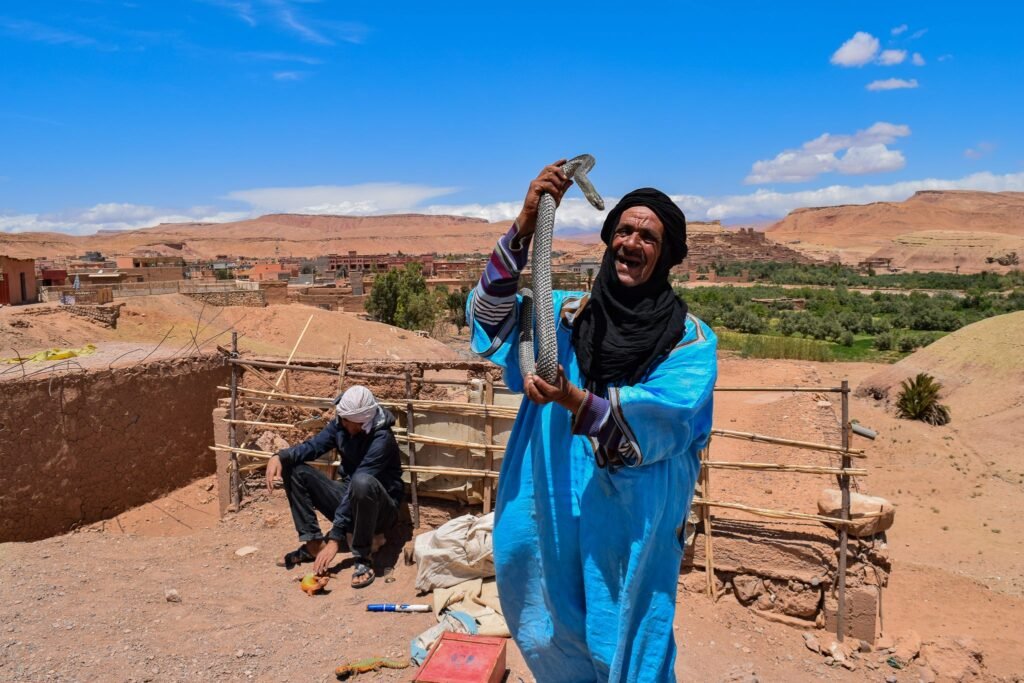
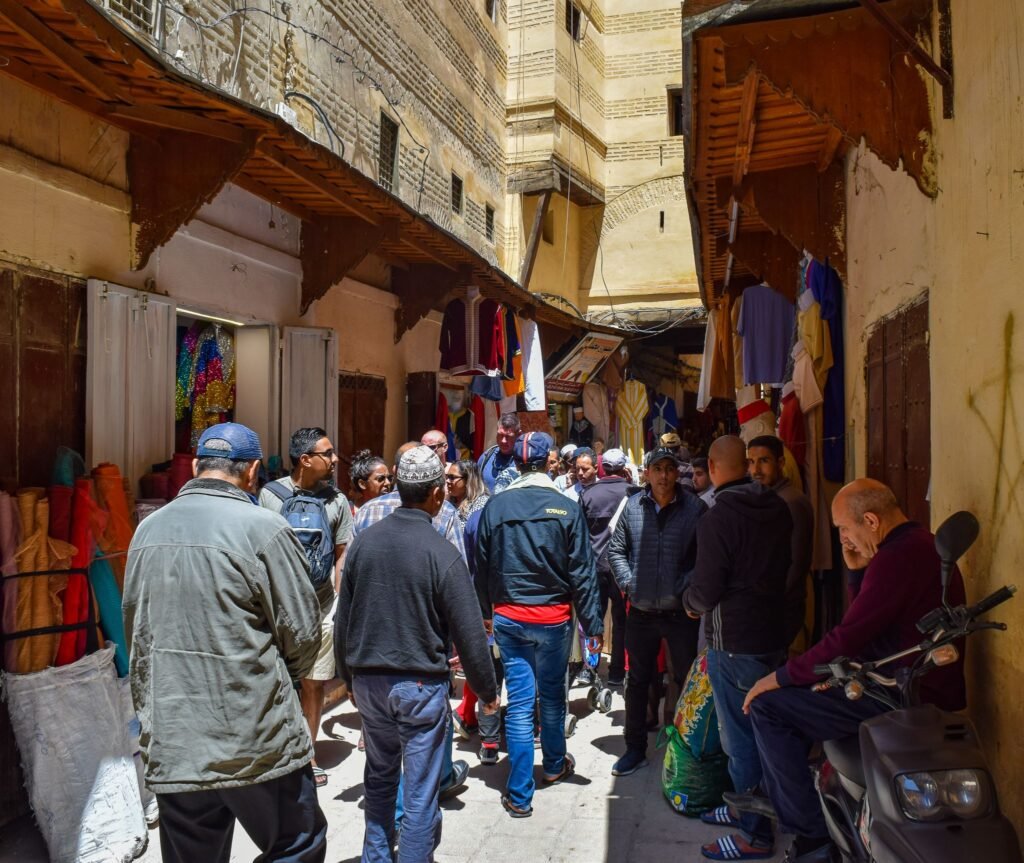
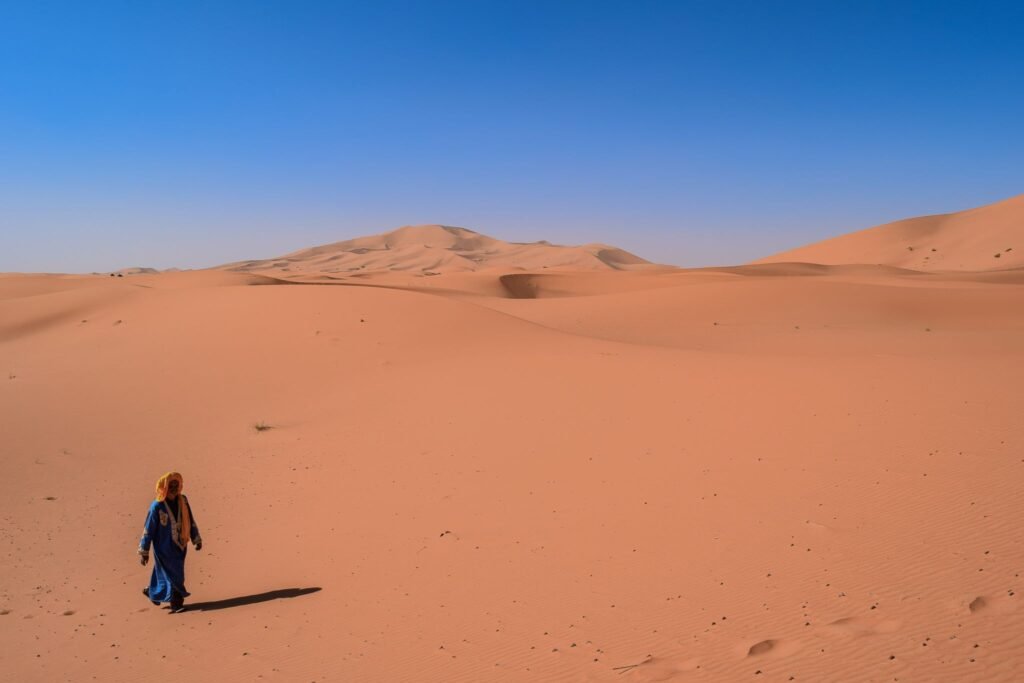
Currency and Economy
The Moroccan Dirham (MAD) is the official currency. You’ll find plenty of ATMs in cities and towns, and credit cards are accepted in most hotels, restaurants, and larger stores. However, it’s always handy to carry some cash, especially when visiting smaller markets or rural areas.
Religion
Islam is the dominant religion in Morocco, with most Moroccans being Sunni Muslims. The call to prayer is a regular part of daily life, and you’ll notice beautiful mosques in every town. Visitors are welcome to experience the culture, but it’s important to be respectful of local customs and dress modestly.
Safety
Morocco is generally a safe destination for travelers. As with any country, it’s wise to stay aware of your surroundings and take common precautions. In tourist-heavy areas, be mindful of petty theft and scams. Using a reputable tour operator like Maroccana Travel can provide added security and peace of mind.
Plugs
Morocco uses the Type C and Type E electrical outlets, with a standard voltage of 220V. If you’re coming from a country with different plug types or voltage, be sure to bring a suitable adapter and converter.
Credit Card and ATM
Credit cards are widely accepted in major cities, especially in hotels, restaurants, and larger shops. However, smaller vendors and rural areas might only accept cash. ATMs are plentiful, but it’s a good idea to have some local currency on hand for smaller transactions.
Best Time to Visit Morocco
The best time to visit Morocco depends on what you want to experience. Spring (March to May) and Autumn (September to November) are ideal for most travelers, offering pleasant temperatures and vibrant landscapes. Summer can be very hot, particularly in the desert regions, while winter can be quite cold in the mountains but pleasant in coastal areas.
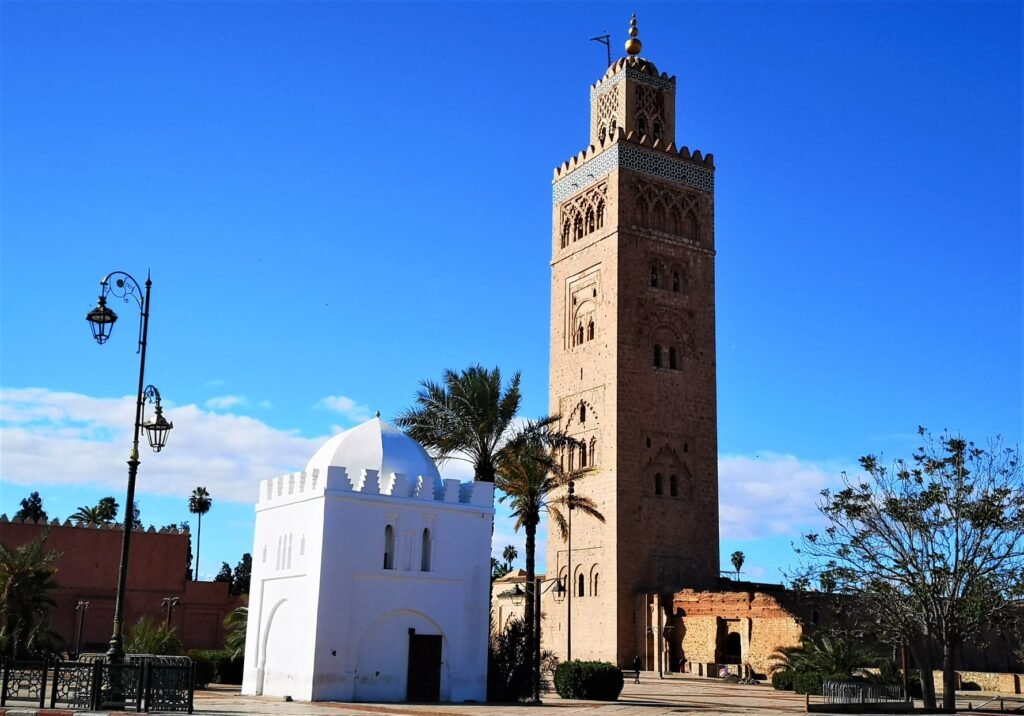
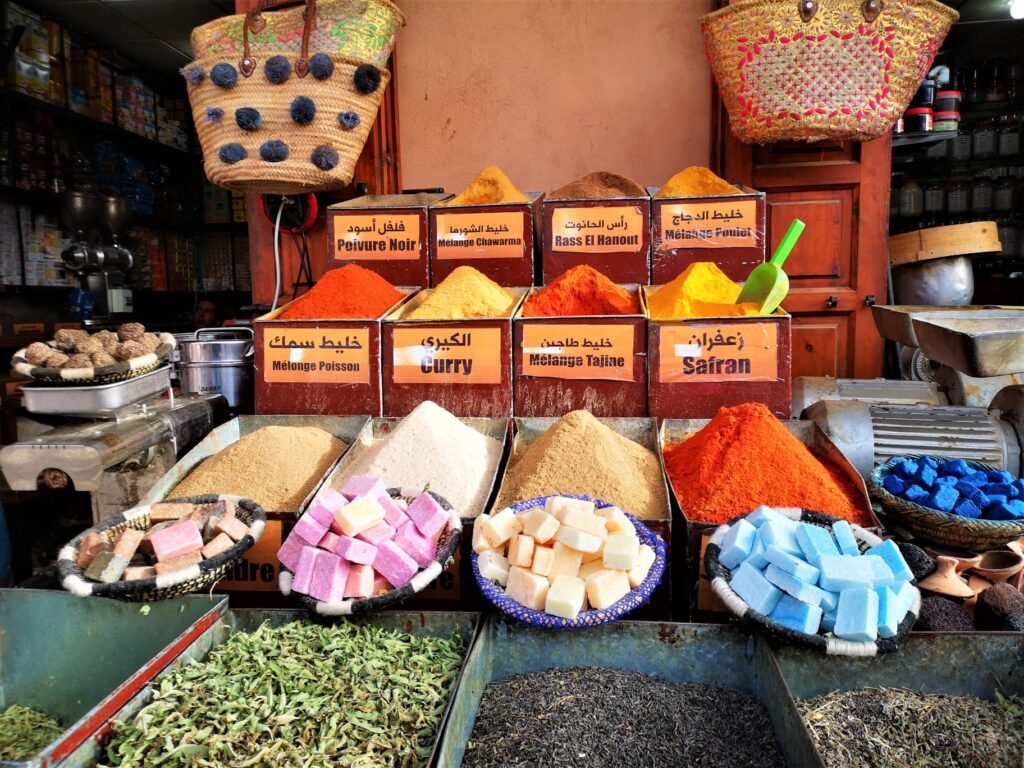
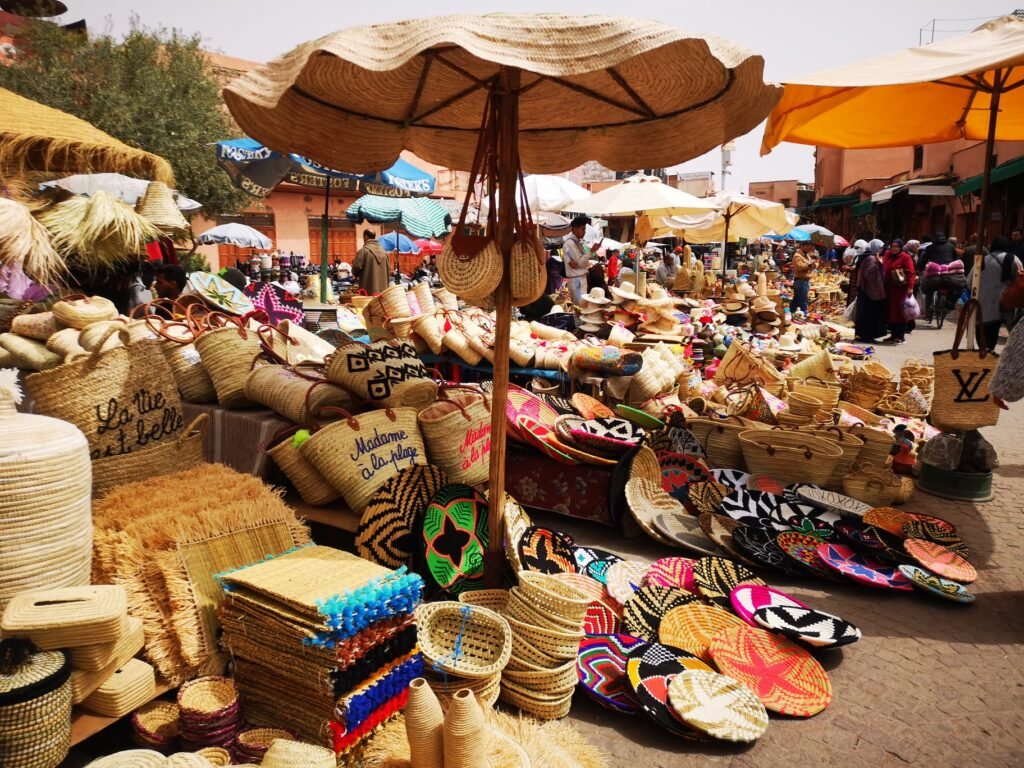
Best Cities to Visit in Morocco
Marrakech
Marrakech, often referred to as the “Red City” because of its distinctive red sandstone buildings, is one of Morocco’s most famous and vibrant cities. The heart of Marrakech is the bustling Jemaa el-Fnaa square, a UNESCO World Heritage site, where you can experience a lively atmosphere filled with street performers, food vendors, and artisans. The city’s medina, a maze of narrow alleys and souks, offers a shopping paradise for those looking for traditional crafts, spices, and textiles. Don’t miss the stunning Bahia Palace, the Saadian Tombs, and the tranquil Jardin Majorelle.


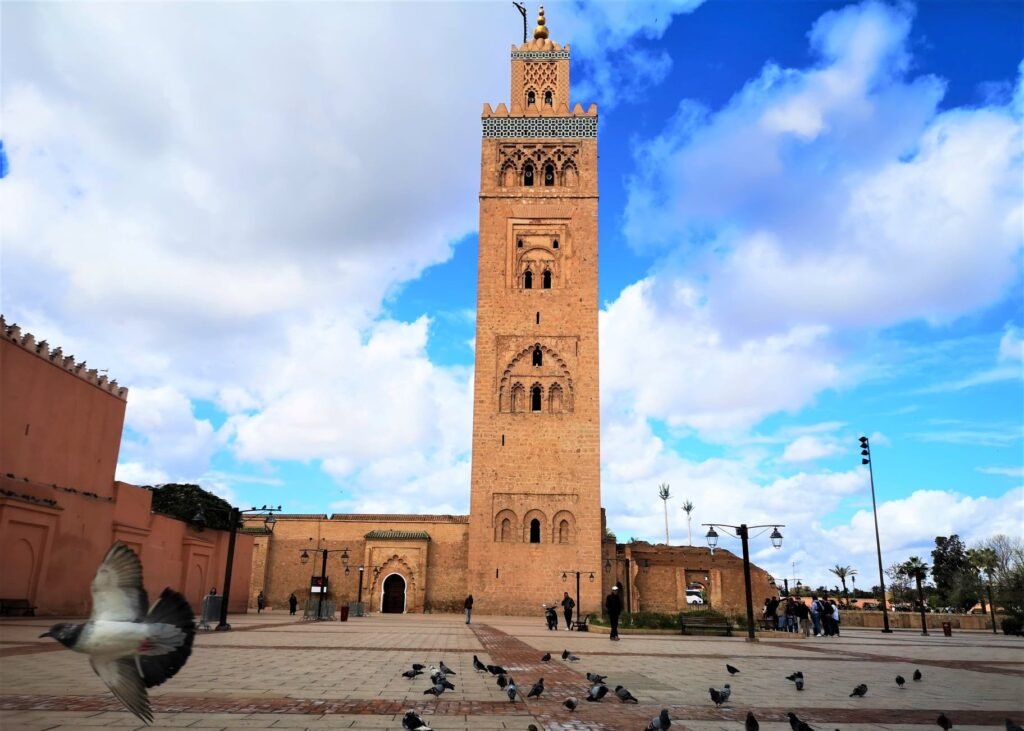
Fes
Fes is Morocco’s oldest imperial city and a center of religious and cultural significance. The Fes el Bali medina is a UNESCO World Heritage site and one of the largest car-free urban areas in the world. Explore the labyrinthine streets and discover ancient mosques, madrasas (Islamic schools), and the famous Al Quaraouiyine University, the oldest continuously operating university in the world. The city’s rich history is evident in its architecture and bustling souks, making it a must-visit destination.
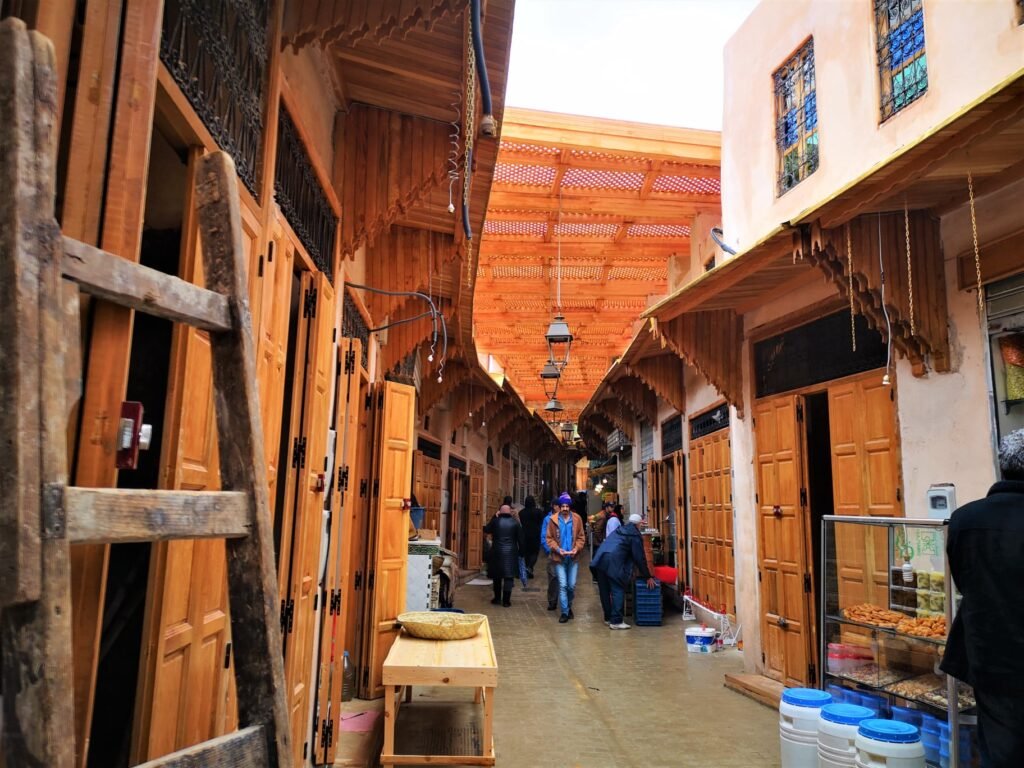
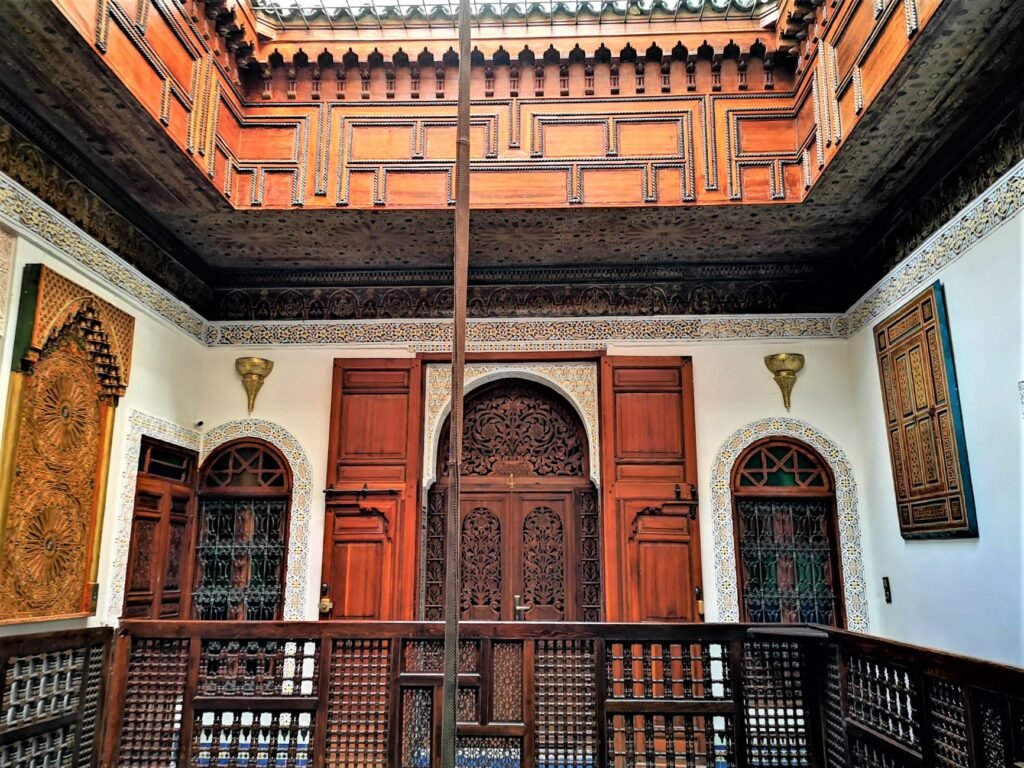
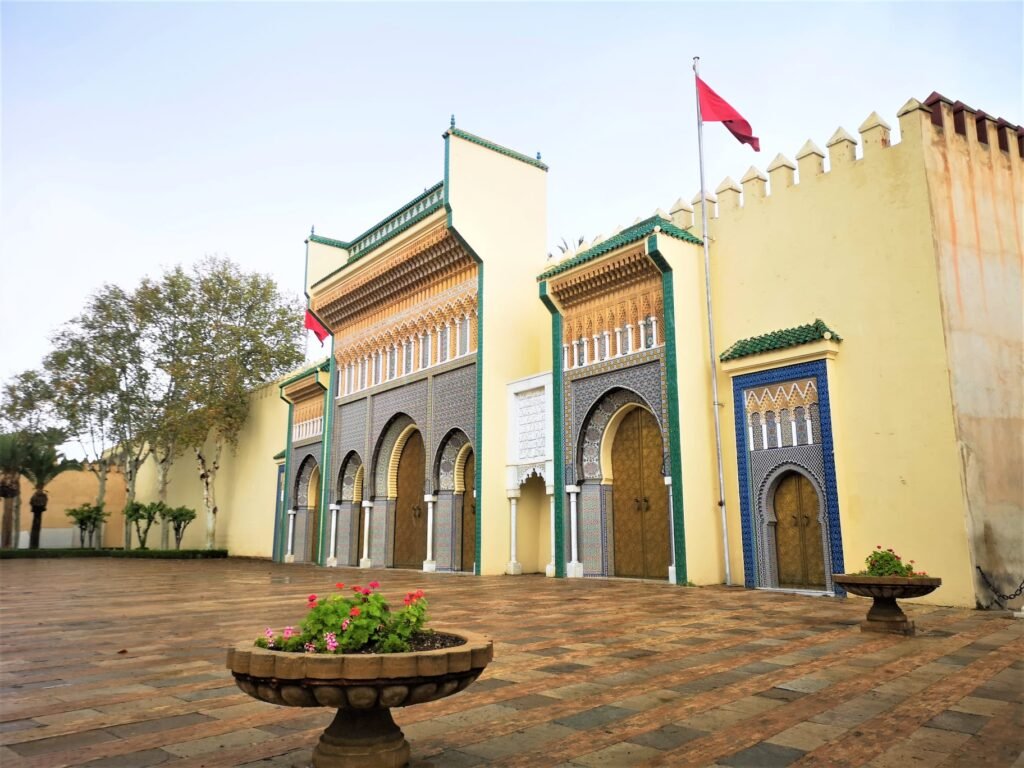
Casablanca
Casablanca is Morocco’s largest city and economic hub, blending modernity with tradition. While it might not have the ancient charm of other Moroccan cities, Casablanca offers a glimpse into contemporary Moroccan life. The city’s highlight is the Hassan II Mosque, one of the largest mosques in the world, boasting an intricate design and a stunning location by the Atlantic Ocean. The city’s French colonial architecture and vibrant nightlife add to its appeal.
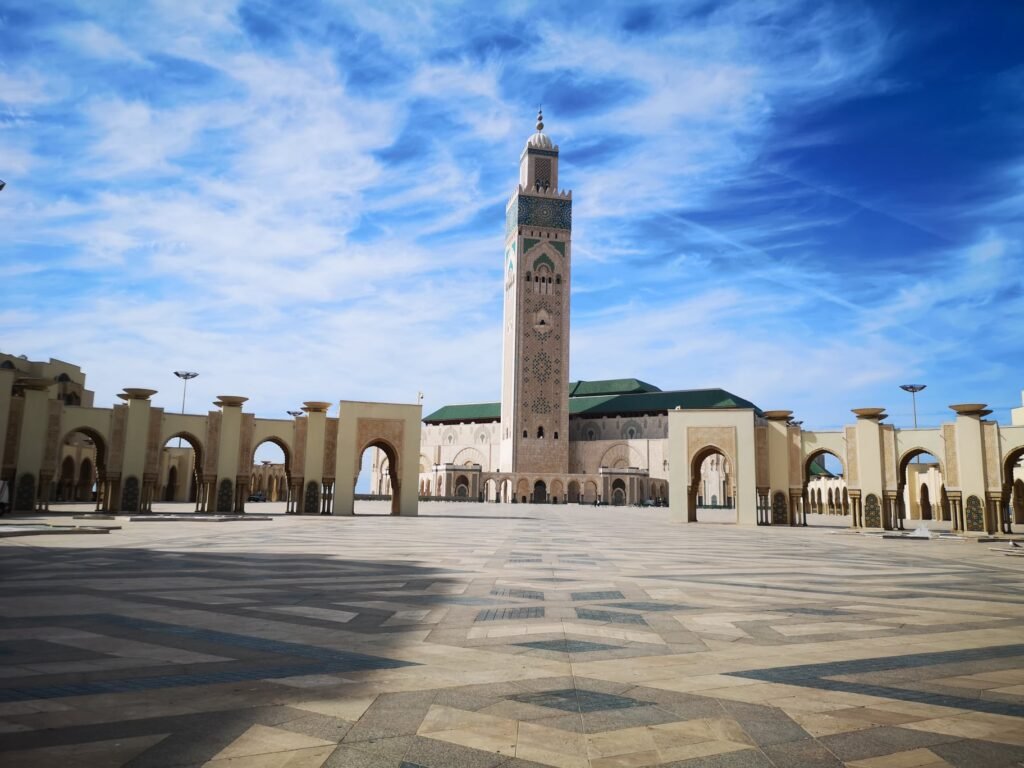
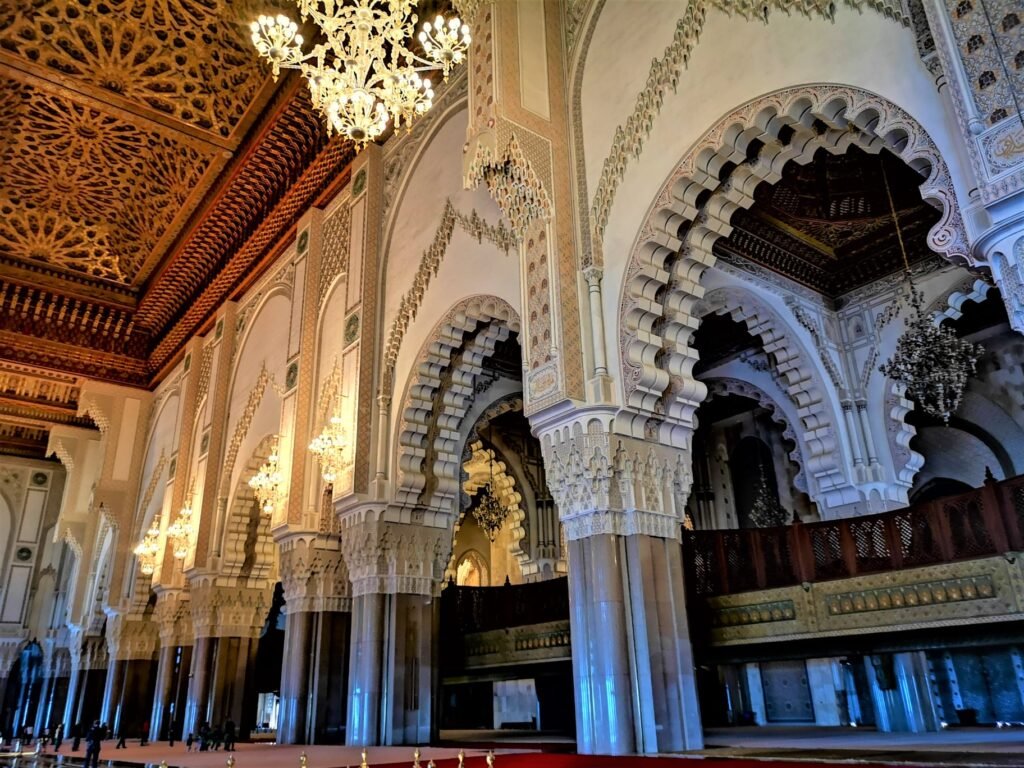
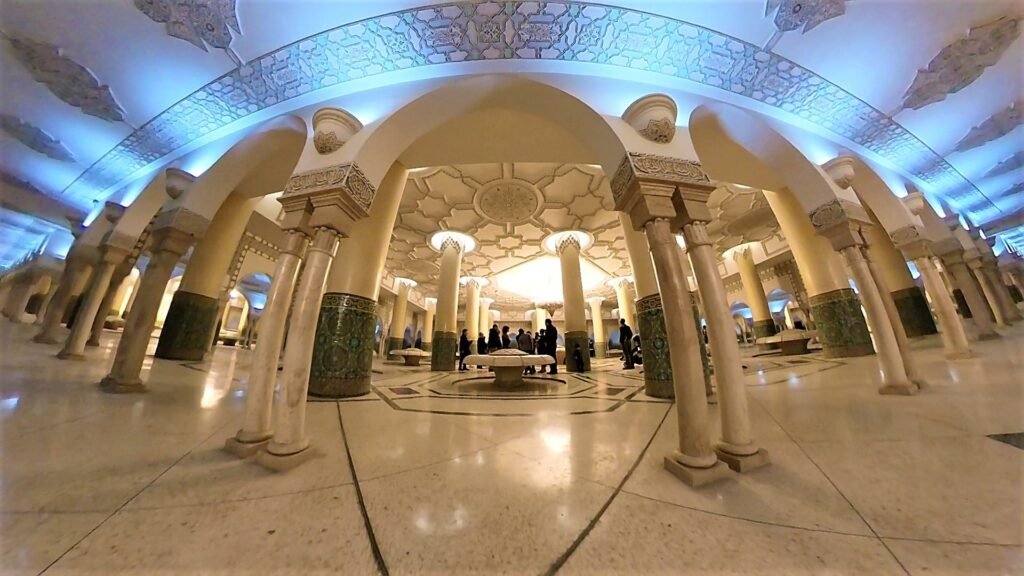
Chefchaouen
Nestled in the Rif Mountains, Chefchaouen is known for its striking blue-washed buildings and serene atmosphere. This picturesque city is a haven for photographers and those seeking a peaceful retreat. Wander through the medina’s blue streets, visit the Kasbah Museum, and hike in the surrounding mountains for breathtaking views. The city’s relaxed vibe and stunning scenery make it a unique and memorable destination.
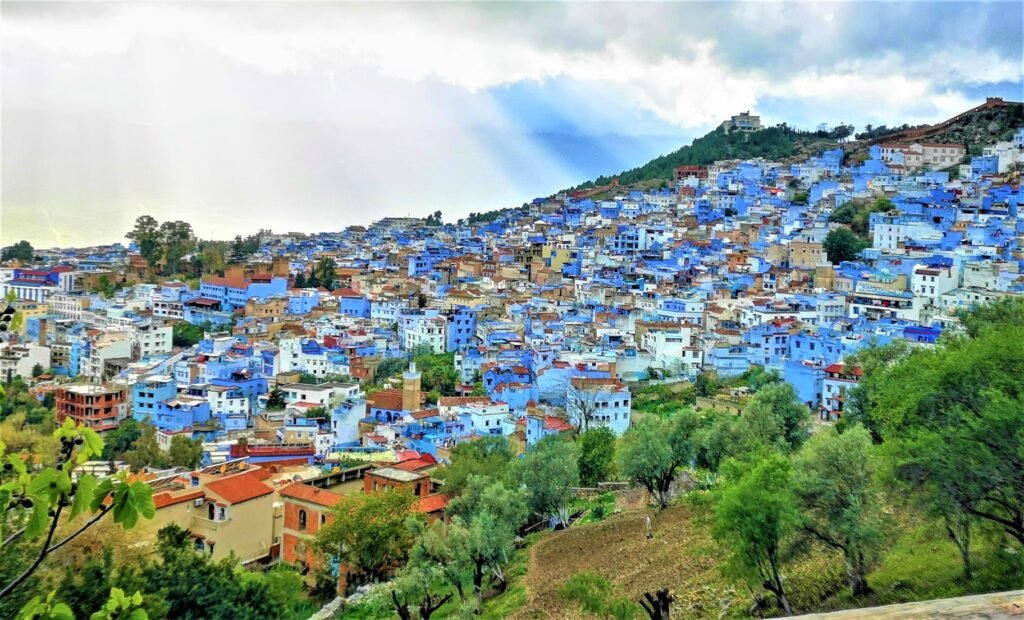
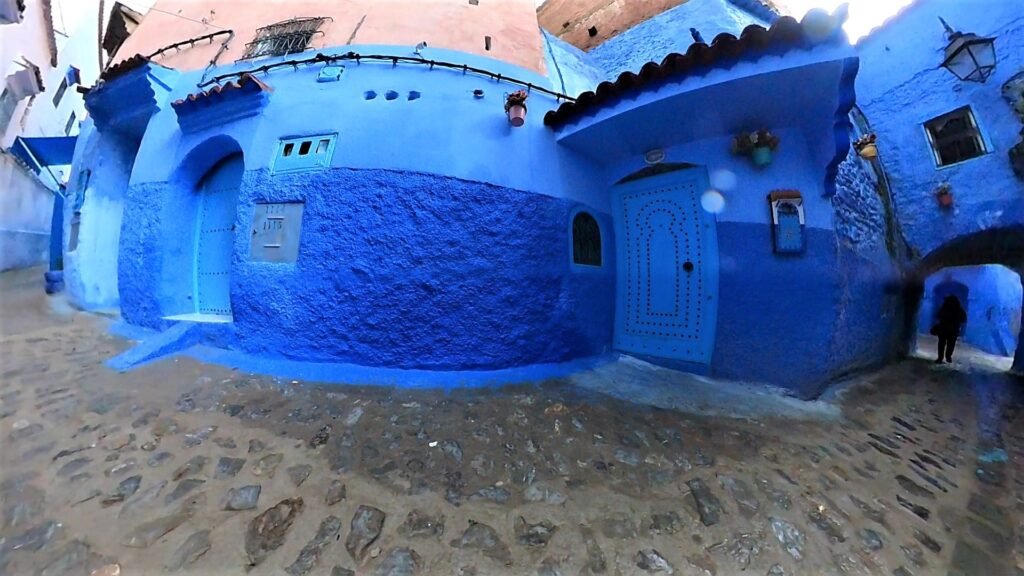
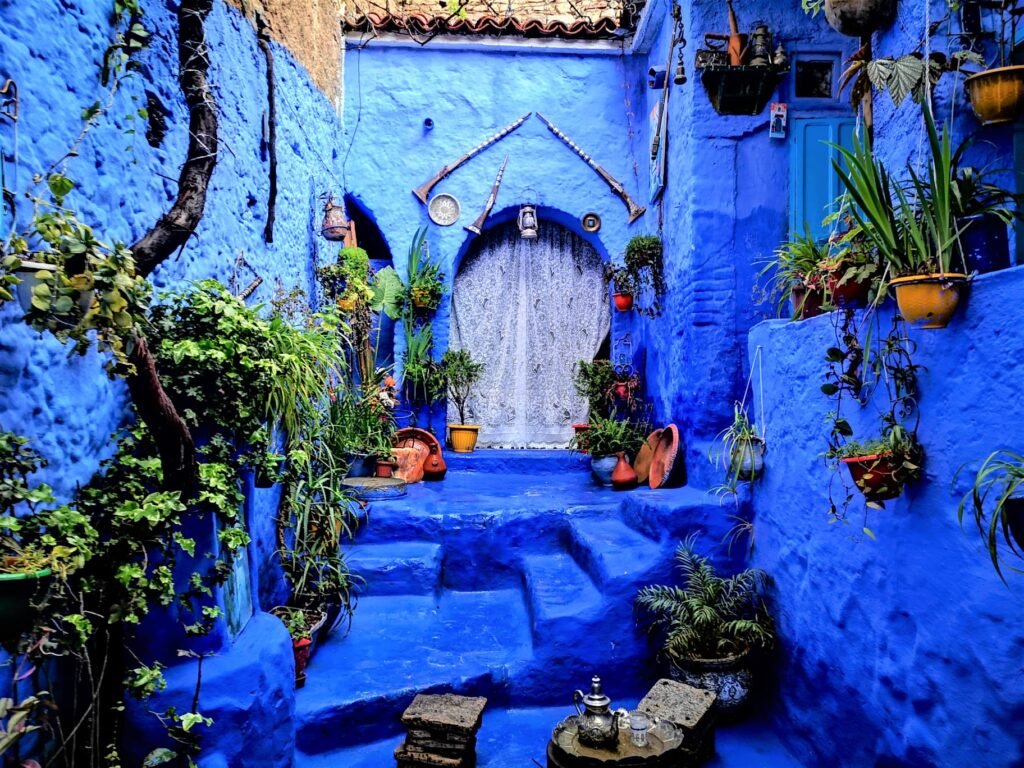
Rabat
Rabat, Morocco’s capital, is a city of contrasts, combining historical sites with modern amenities. The city is home to the Royal Palace, the Mausoleum of Mohammed V, and the impressive Hassan Tower. Rabat’s medina is more relaxed than those in Marrakech and Fes, offering a pleasant shopping and dining experience. The coastal location provides beautiful beaches and a scenic promenade.
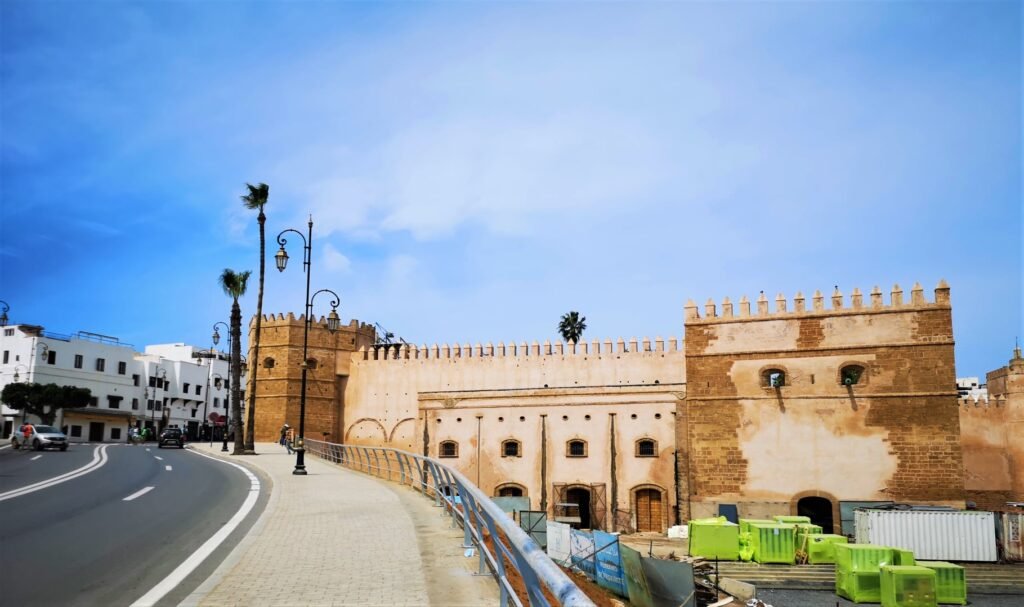
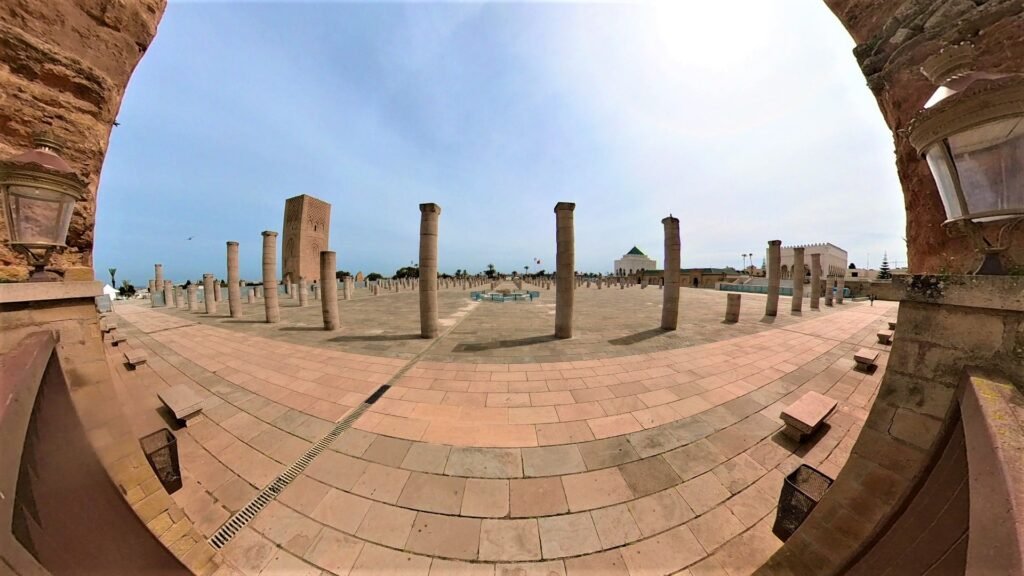
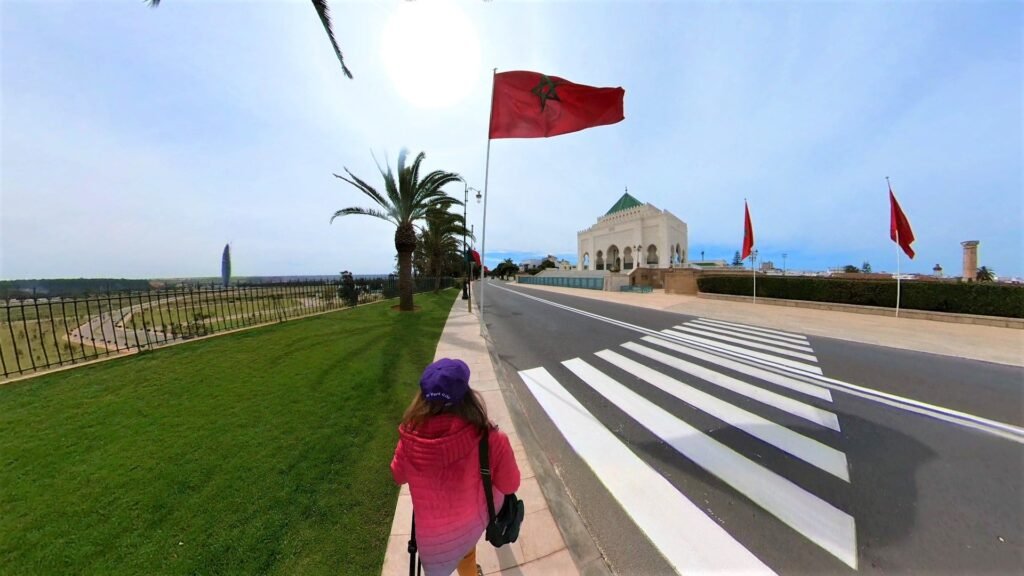
Tangier
Tangier, located at the crossroads of Africa and Europe, has a unique blend of cultures and influences. The city’s history as a strategic port and international city is reflected in its architecture and vibrant arts scene. Visit the Kasbah Museum, stroll along the bustling Corniche, and explore the medina’s lively markets. Tangier’s stunning coastal views and historic charm make it a fascinating destination.
Essaouira
Essaouira is a charming coastal city known for its laid-back atmosphere, beautiful beaches, and historic medina. The city’s fortified walls and whitewashed buildings with blue accents create a picturesque setting. Essaouira is a popular destination for windsurfing and kite surfing due to its strong Atlantic winds. The annual Gnaoua World Music Festival attracts musicians and visitors from around the globe, adding to the city’s vibrant cultural scene.
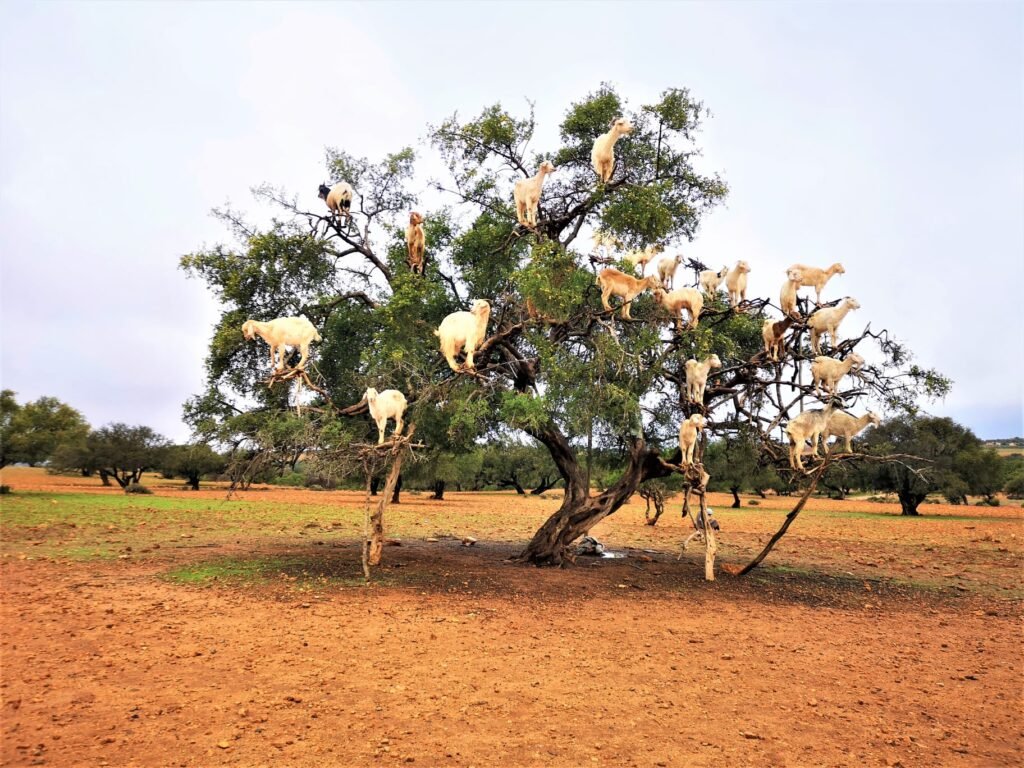
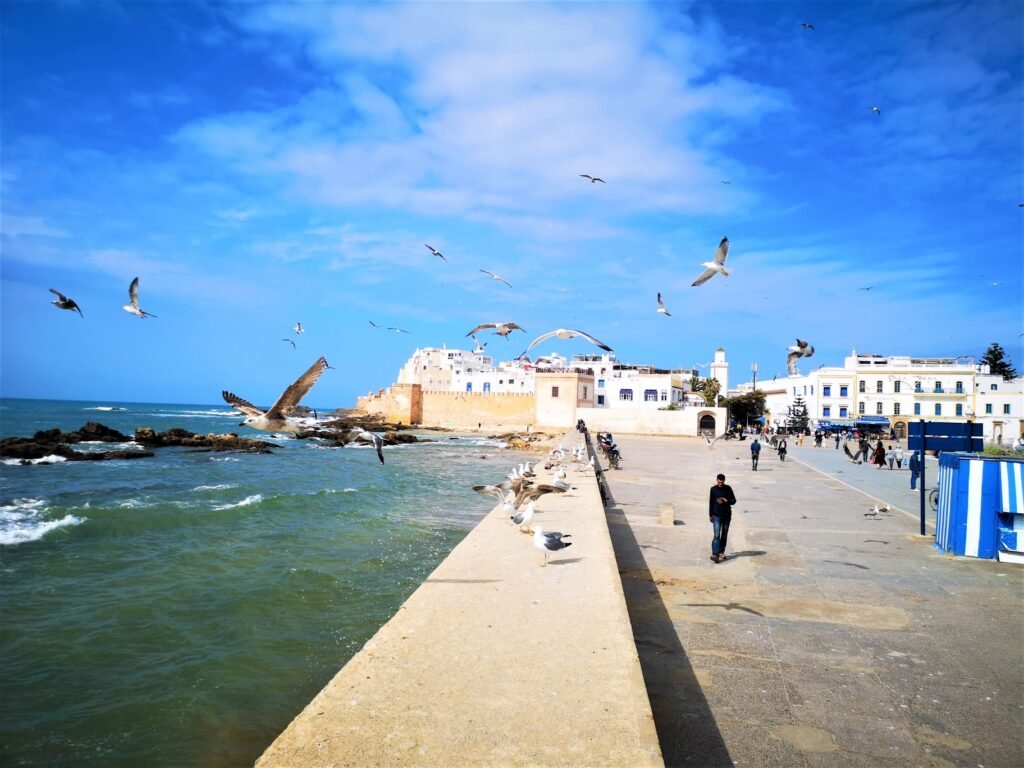

Meknes
Meknes, one of Morocco’s imperial cities, offers a rich historical experience with fewer tourists than Marrakech and Fes. The city is known for its grand gates, impressive palaces, and the Mausoleum of Moulay Ismail. Explore the bustling medina, the tranquil Sahrij Swani basin, and the ancient Roman ruins of Volubilis nearby. Meknes provides a glimpse into Morocco’s imperial past and architectural grandeur.
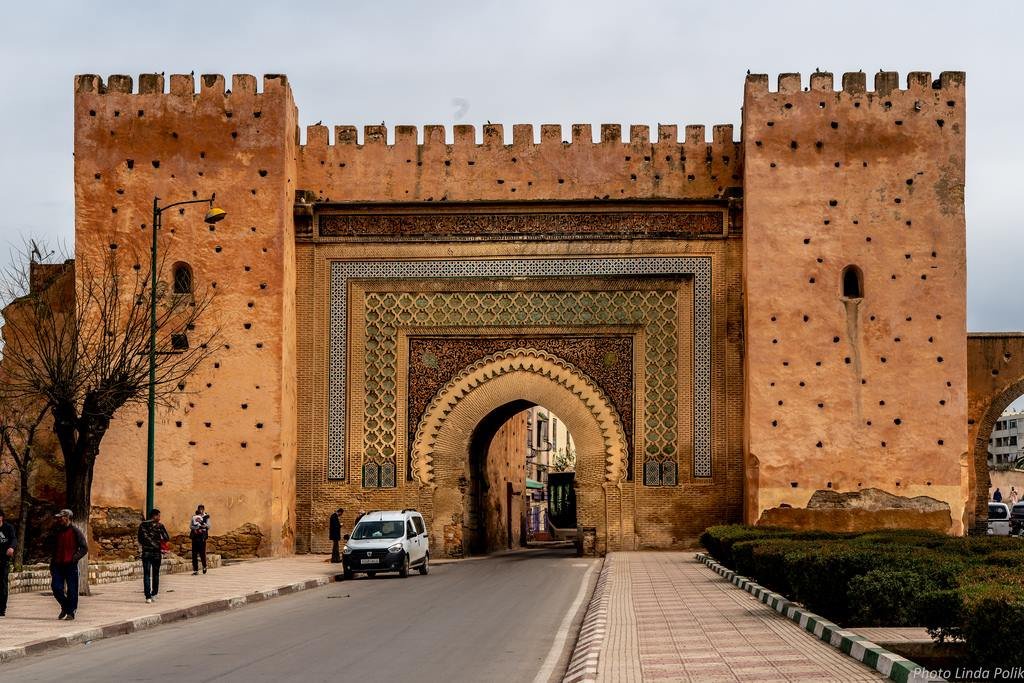
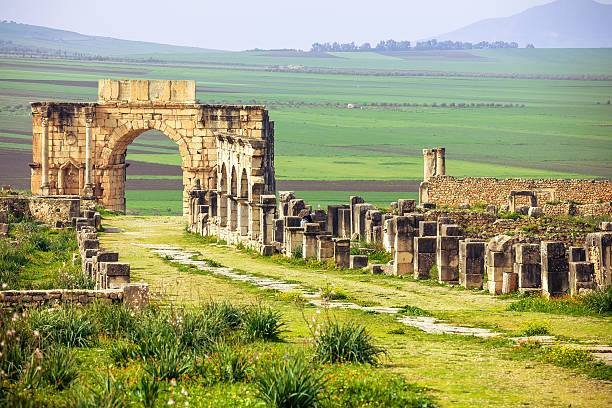

Agadir
Agadir is a modern resort city with beautiful beaches, luxurious hotels, and a vibrant nightlife. It is a popular destination for sun-seekers and those looking to relax by the Atlantic coast. The city’s Kasbah offers panoramic views of the ocean and surrounding area. Agadir’s pleasant climate, especially in winter, makes it an attractive destination year-round.
Ouarzazate
Ouarzazate, often called the “Gateway to the Sahara,” is a popular starting point for desert excursions. The city’s main attraction is the impressive Kasbah Taourirt, a well-preserved fortress offering insights into Morocco’s history. Ouarzazate is also home to Atlas Studios, one of the world’s largest film studios, where many famous movies and TV shows have been filmed. The nearby Ait Benhaddou, a UNESCO World Heritage site, is a must-visit for its stunning ksar (fortified village).
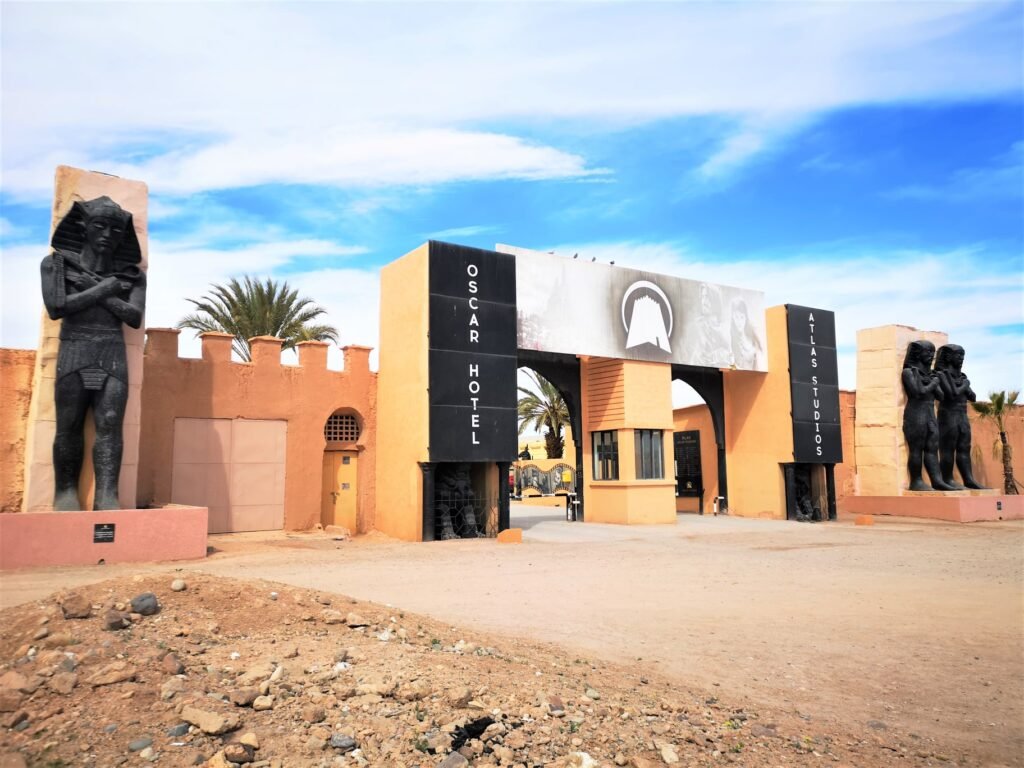

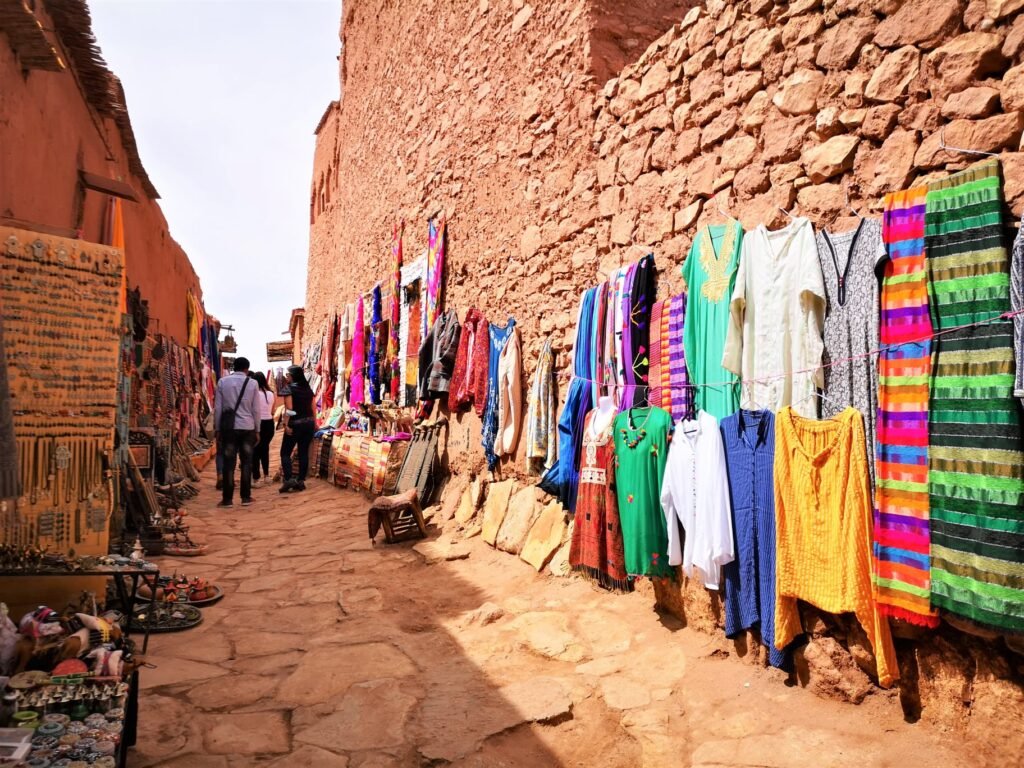
The Sahara Desert
The Sahara Desert is one of Morocco’s most iconic and breathtaking destinations. Visiting the Sahara offers a unique opportunity to experience the vast, golden sand dunes and the incredible starry nights of the desert. Popular entry points to the desert include Merzouga and Zagora, where you can embark on camel treks and stay in traditional Berber camps. Activities in the Sahara include sandboarding, quad biking, and simply enjoying the tranquility and beauty of the desert landscape. The sunrise and sunset over the dunes are unforgettable moments that highlight the magical allure of the Sahara.
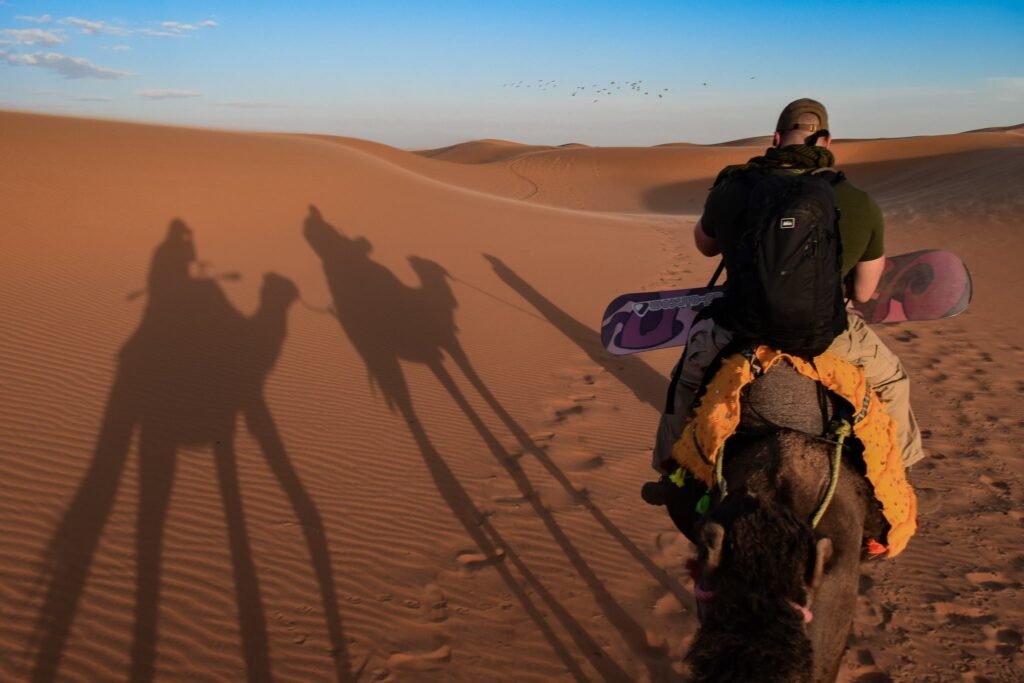
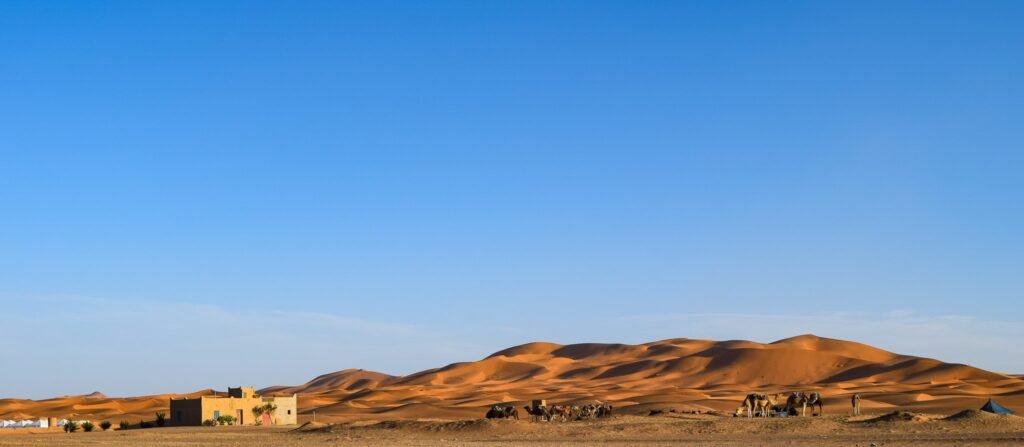
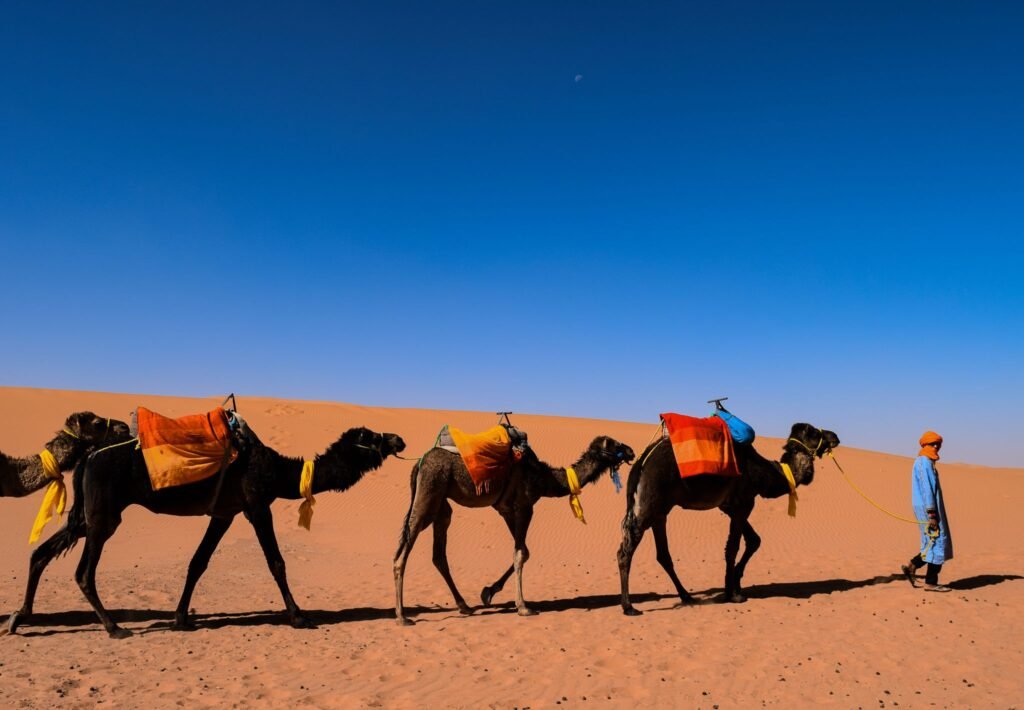
Morocco Travel Guide Visa Requirements
For most travelers, entering Morocco is straightforward. Citizens of many countries, including the USA, Canada, EU nations, Australia, and New Zealand, do not require a visa for stays up to 90 days. Always check the latest visa requirements before you travel, as these can change.
English in Morocco
While Arabic and French are the official languages, English is increasingly spoken, particularly in tourist areas. Hotels, restaurants, and shops in major cities like Marrakech, Casablanca, and Fes typically have staff who speak English. Learning a few basic phrases in Arabic or French can enhance your experience and is appreciated by locals.
How to Dress in Morocco
Morocco is a conservative country, and dressing modestly is recommended. For women, this means covering your shoulders, cleavage, and knees. Men should avoid wearing sleeveless tops and shorts. In tourist resorts and hotels, the dress code is more relaxed, but it’s always good to be respectful of local customs, especially when visiting religious sites.
Where to Stay in Morocco
Morocco offers a wide range of accommodations, from luxury hotels and resorts to charming riads (traditional Moroccan houses with interior gardens) and budget hostels. Riads provide a unique and authentic Moroccan experience, often located in the heart of the medinas. For a more luxurious stay, international hotel chains and high-end boutique hotels are available in major cities.
Traditional Food in Morocco
Moroccan cuisine is a delightful blend of flavors, heavily influenced by Arabic, Berber, and Mediterranean tastes. Don’t miss trying traditional dishes like tagine (a slow-cooked stew), couscous, and pastilla (a sweet and savory pie). Street food is also a treat, with options like kebabs, harira (a hearty soup), and freshly baked bread. For dessert, indulge in sweet pastries and mint tea, a staple in Moroccan culture.
Morocco Travel Guide for Shopping
Shopping in Morocco is an adventure in itself. The souks (markets) are a treasure trove of handmade goods, from colorful textiles and ceramics to intricate jewelry and leather goods. Bargaining is part of the experience, so don’t be afraid to haggle for the best price. For a more upscale shopping experience, visit boutiques in larger cities like Marrakech and Fez.
How to Get Around: Private Tours and Transportation
While public transportation is available, the most convenient and comfortable way to explore Morocco is through private tours or transportation. At Maroccana Travel, we offer high-quality private cars with experienced drivers who know the best routes and hidden gems. This allows you to travel at your own pace and enjoy a more personalized experience.
How Much Time Do You Need for Morocco
The length of your stay in Morocco depends on what you want to see and do. For a comprehensive tour covering major cities and attractions, we recommend at least 10 to 14 days. This allows time to explore the bustling medinas, the serene desert, and the picturesque mountains without feeling rushed. If you’re short on time, a week-long trip can still provide a wonderful taste of Morocco’s highlights.
Morocco is a destination that captivates the senses with its rich history, diverse landscapes, and vibrant culture. Whether you’re wandering through ancient medinas, savoring delicious cuisine, or marveling at the natural beauty, Morocco promises an unforgettable experience. At Maroccana Travel, we’re dedicated to crafting the perfect journey for you, ensuring you see the best of Morocco in comfort and style. Book your private tour with us today and embark on a magical adventure.
